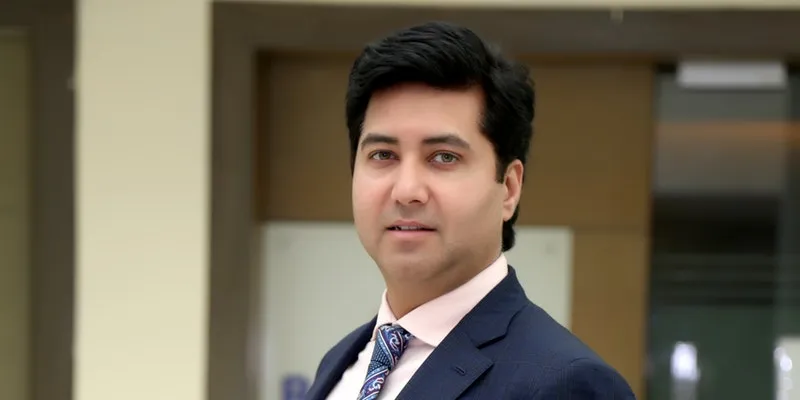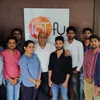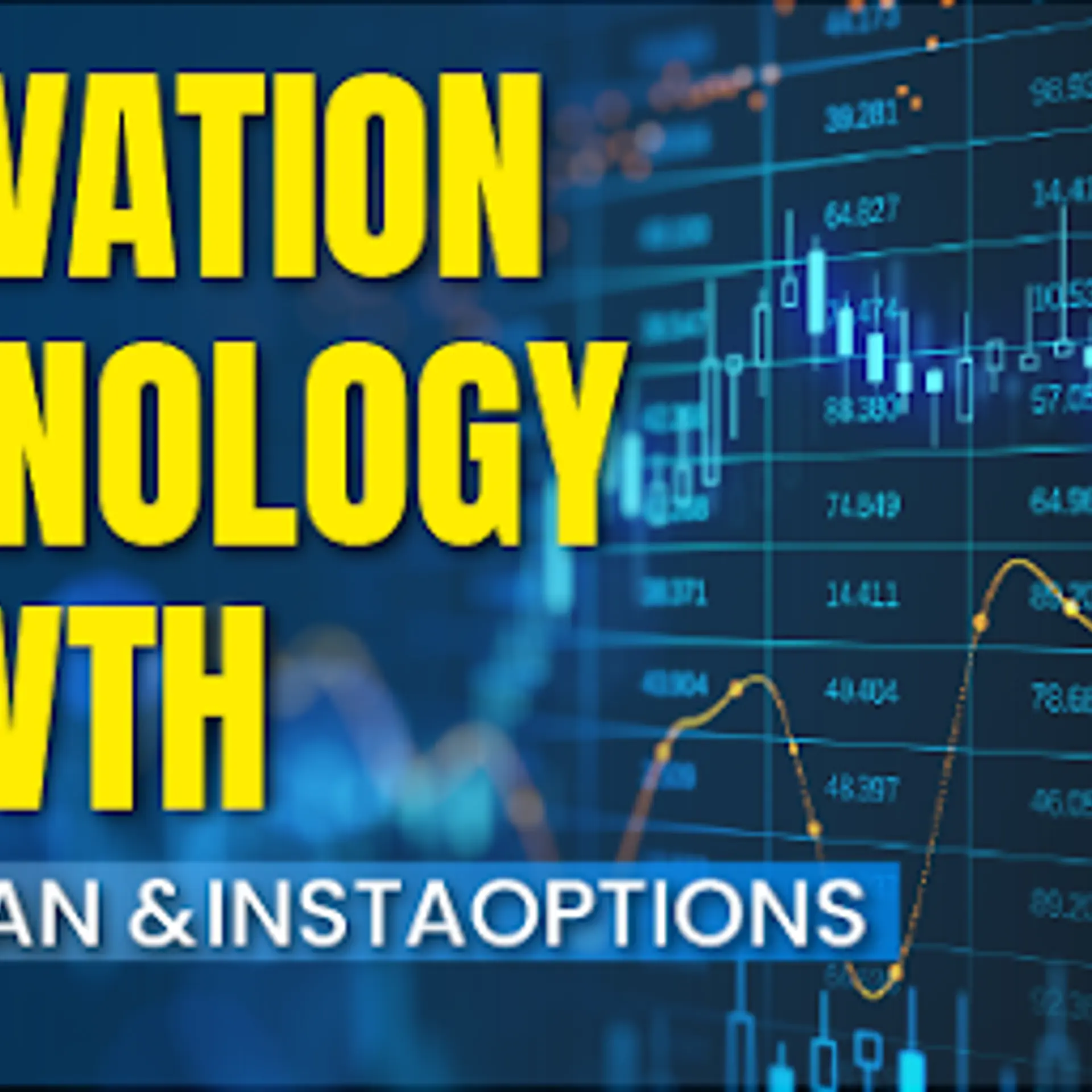India has capability and competence to put together smart and intelligent products: Ujjwal Munjal of Hero Electronix
In a candid interview, Hero Electronix Founder and Director Ujjwal Munjal tells YourStory why the company forayed into the home automation segment despite the presence of big players like Amazon, Google, Lenovo, Xiaomi, and others.
According to Statista, the penetration of smart products in Indian households is going to increase to 9.5 percent in 2023 compared to only 1.5 percent in 2019. The smart automation market is currently pegged at over Rs 8,000 crore.
At present, many companies from China, India, and the US, including Xiaomi, Lenovo, Amazon, Google, and Samsung, are bullish on the home automation market in India.
And the latest entrant to ride the tide is Hero Electronix, the electronics and technology venture of Brijmohan Lall Munjal-led Hero Group, which feels that none of the current smart home automation is solving the actual needs of Indian households.
Launched in 2015, Hero Electronix announced its foray into the smart home devices category this month through a new brand called Qubo. It also launched its flagship voice-controlled smart indoor camera, which helps a user remotely monitor the home through streaming on the smartphone.

Ujjwal Munjal, Founder and Director, Hero Electronix
In a candid interview with YourStory, Ujjwal Munjal, Founder and Director, Hero Electronix, talks about Qubo, and tells why it was the right time for the company to foray into the smart home segment. Edited excerpts from the interview.
YourStory (YS): Hero Electronix has been working in the enterprise segment with brands such as Tessolve, Mybox, and Zenatix. What made you foray into the consumer segment now?
Ujjwal Munjal (UM): Four years ago, when we started Hero Electronix, getting into our own B2C product was never a part of the plan. I personally felt it was a very crowded space, and there wasn’t much of a differentiator available.
In a couple of years, we realised that technology today has a lot of capability. And because a lot of this is now a marriage between hardware and software, India has the capability and the competence to put together smart and intelligent products to solve India’s problems.
Today, our lifestyles are very different, and we also have multi-generations living together under the same roof. But the products aren’t really designed for that.
The other thing we felt was if one were to look at any of the smart connected products at present, a lot of them were either not reputable brands, or they were just not reliable products in terms of the encryption and security safety.
We felt that between all our companies, we had the capability to put something like this together when we started working on Qubo. Interestingly, this was not the end product we envisaged as we had started in a completely different direction. And it kind of morphed into this over a period of time. Now, we are really proud to say that what we have put together doesn't really exist anywhere in the world - in terms of design, security, AI features, and the product itself.
YS: Speaking about security, how are you ensuring Qubo products are safe?
UM: All our products and cloud platforms revolve around security. We have built the platform bottom-up, and we were able to control everything and make the right decisions.
For instance, we have selected Qualcomm’s chipset, which is more expensive than what is available in other parts of the world. But we went ahead with that because it gave us the security and the encryption we wanted. Rather than taking the video stream to the cloud to analyse the video itself, we were able to store it in India in an encrypted form.
Today, I can safely say that our product and video stream is amongst the safest available not just in India, but even globally.
YS: Have you set up any R&D lab for Qubo?
UM: Yes, we have a lab in Delhi-NCR, and we have got an in-house team and partners developing these products. We are doing most of the testing in our lab.
YS: How big is your team, and how do you plan to scale it?
UM: We have 40 R&D engineers working with us, and we have got some partners who are bringing in technical expertise. So far, we feel this is the right number, but as the number of products increase, we will increase the team size as and when needed.
YS: Can you tell us about the product launches in the next two years?
UM: One of the things we keep central and core to what we do is we want to create products that will have a meaningful impact on people’s lives. We don’t want to create a product which is out there, but don’t interact with or doesn’t give you any meaningful value.
In the next six to nine months, we plan to launch a multi-purpose camera, which will be a security camera with AI features built into it. We will also be giving you a video doorbell along with the smart plug. Beyond this, the product pipeline is still being worked upon. And we’ll keep on enriching it as we go along.
YS: Tell us about the investment size for Qubo for the next couple of years?
UM: We plan to invest anywhere between Rs 150 crore and Rs 200 crore in the next couple of years into our IoT platform, which is both enterprise and for consumers.
YS: Do you plan to acquire or invest in any startup in the smart home space?
UM: We remain absolutely open for any sort of partnership wherever capability exists. One thing that I have learnt is that innovation happens in startups with young teams, and with people who are new and not bound by rules and governance. We remain open to partner with anybody as and when a good opportunity comes along.
YS: How has been your journey at Hero Electronix? And, what is your vision for the company?
UM: We are a startup in a legacy company. I don’t think it has been very difficult for anybody else but for me, because of my experience of the way I have managed businesses before this.
So, one of the things we have done now is that we have given the team the freedom to go out and learn, make mistakes, and build things rather than doing it the traditional way, which is all very well planned and structured.
In terms of vision, as far as Qubo is concerned, we would like to continue to innovate, and come out with newer products that bring the best of technology available to be able to solve real use cases. And that’s something we are going to continue to work on.
(Edited by Megha Reddy)








